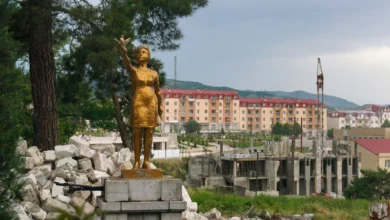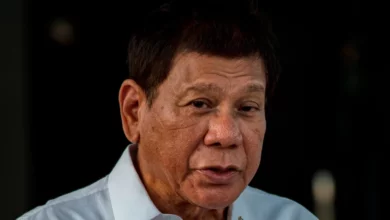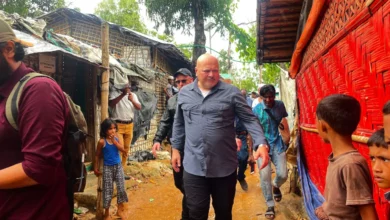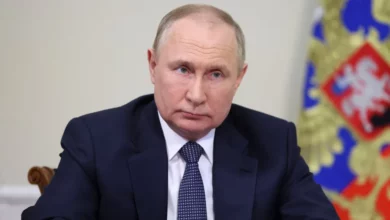The International Criminal Court (ICC) Prosecutor will open an investigation into alleged crimes against humanity committed in Libya since the beginning of a popular uprising that has convulsed the country since 15 February , the ICC declared in a statement on Wednesday.
“Following a preliminary examination of available information, the prosecutor has reached the conclusion that an investigation is warranted,” the statement read.
In a landmark shift from its traditionally hostile position to the ICC, the US on Saturday called on the UN Security Council (UNSC) to refer the Libyan leadership to the international court. The council adopted Resolution 1970, which retroactively grants the ICC jurisdiction over the situation in Libya since 15 February.
“[The ICC deplores] the gross and systematic violation of human rights, including the repression of peaceful demonstrators, expressing deep concern at the deaths of civilians, and rejecting unequivocally the incitement to hostility and violence against the civilian population made from the highest level of the Libyan government,” the resolution reads.
Luis Moreno Ocampo, the ICC prosecutor, is expected to deliver an initial report to the UNSC in two months, in which he will present an overview of the crimes allegedly committed by the Libyan regime, provide preliminary information as to the entities and persons who might be prosecuted, and issue warnings to the latter to refrain from committing further transgressions.
The prosecutor will also request information from additional sources, including international police agency Interpol, which is expected to provide assistance in the case. ICC judges will then decide whether to issue arrest warrants based on the prosecutor’s report.
Arab League Chief Amr Moussa said on Wednesday at a meeting with Arab foreign ministers that the situation in Libya was “catastrophic, and we should not accept it." He went on to stress that "Arab lives have value."
UN chief Ban Ki-moon, meanwhile, has said that more than 1000 Libyans had so far been killed throughout the course of the uprising. Libya's deputy UN envoy, for his part, had earlier said that thousands had been killed.
However, the Paris-based Libyan League for Human Rights alleged on Wednesday that as many as 6000 people had been killed in the bloodshed.
Libyan Ambassador to the UN Abdurrahman Shalgham, an intimate friend of President Muammar Qadhafi and a former foreign minister who has now turned against the regime, asserted that the ruling regime in Libya was committing "atrocities.”
Western powers are now discussing the possibility of imposing a no-fly zone over Libya to support opposition forces currently fighting elements loyal to the embattled regime. Some opposition figures in Libya, meanwhile, have begun calling for "UN-backed" air strikes on regime targets.
On Wednesday, two American warships–the USS Kearsarge and the USS Ponce–carrying marines and equipment entered the Suez Canal from the Red Sea en route to Libya.
On the same day, Gadhafi warned western powers against military intervention in support of the rebellion, saying that such a move would unleash a "bloody war" in which "thousands of Libyans would die." Speaking live on state television, Gadhafi blamed the uprising on alleged terror network "Al-Qaeda."
Pro-regime forces have now launched a campaign to recover several parts of eastern Libya that have fallen into the hands of the opposition in recent days. For the last week, the beleaguered leader has focused on keeping control of the capital, Tripoli.
Forces loyal to Gadhafi briefly captured Marsa al-Brega, an oil export terminal, before being driven out again by rebels who have remained in possession of the town–located some 800 km east of the capital–for about one week.




